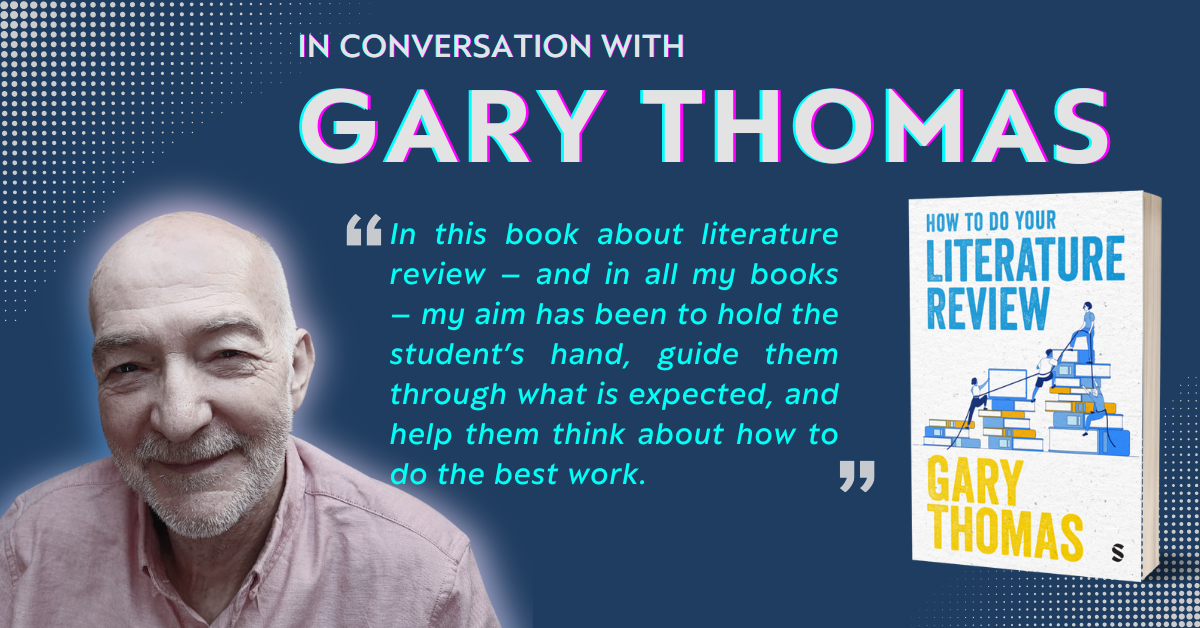Before coming to London and joining Sage as an Editor Fellow, I taught introductory political science and international relations (IR) at a private university in Hong Kong. It has been fascinating to jump onto the publisher side and see their perspective, after a few years of liaising with university libraries on textbook arrangements.
Lecturers from different countries have different preferences and traditions when it comes to assigning readings and texts. While I understand that the UK tradition is to assign readings more widely from a range of books or sources, I often found it helpful to follow one main textbook, especially when teaching introductory courses.
Many students taking introductory courses in politics and IR, especially non-majors, appreciate having a text that maintains a consistent voice and depth when explaining key concepts. This is even more so for my students, many of whom were non-native speakers of English, taking politics as an elective course, and learning about the subject in English for the first time. Using one main text can prevent them from being frustrated by readings that seem disconnected. Weekly readings that present a certain degree of continuity help!
Some instructors may see it as unnecessary for students to have access to the full text, even when using one main textbook, as they might not look at the unassigned chapters anyway. My thinking is somewhat different: it is good to give students full access, even if less than half the book is being assigned, because the benefits can be many.
First things first, I would always like students to see the table of contents of a book, so they know how much or how little territory is being covered in the course. Further into the book, there are often “boxes” full of case studies and examples. They might not all be covered in class but are great starting points for research essays and projects. I therefore often ask students to flip through the text for ideas when planning their assignments, and to come talk to me after they have identified any potentially interesting topics.
For students majoring in politics or IR, not only would I select a main text for their first-year courses, but I also encouraged them to get a printed copy of the textbook. Old school as it might sound to some, the textbook could become a go-to resource in the next three or four years or whenever they needed to look up a basic concept. For these students, the main text serves as an indispensable item in their toolbox, and it is ideal if the student can develop a working relationship with the text.
This could be true for non-majors of politics and IR as well, if they would like to have a book on their shelf that could serve as a companion for them to look into various global or political issues in order to understand events in the world today, in addition to theories and concepts. Hubert Zimmerman’s latest text on International Relations from Sage could well serve this purpose.
At a more advanced level, whether or not to use a main text would depend more on whether the instructor can identify a text that has enough overlap with all the topics and theories that they would like to cover. A flip through Principles of Comparative Politics by Clark, Golder & Golder reveals it to be more of an upper-level text of the subject, with the authors presenting their selection of interesting concepts beyond the basic. While every instructor has their favourite theories that they’d want to include in their course, this text might also provide some good suggestions. Whether the instructor is convinced regarding the authors’ selections could also affect their decision whether to adopt this text.
To conclude, there is no right or wrong way of teaching a course. While there are many merits to adopting a main text for politics or IR courses, instructors don’t see it as the only way to ensure their students get the course content they need. Assigning chapters from a main text doesn’t preclude further readings from being added to students’ reading. As well as journal articles, you could also suggest some interesting related reads from Politico or the Conversation from time to time.








